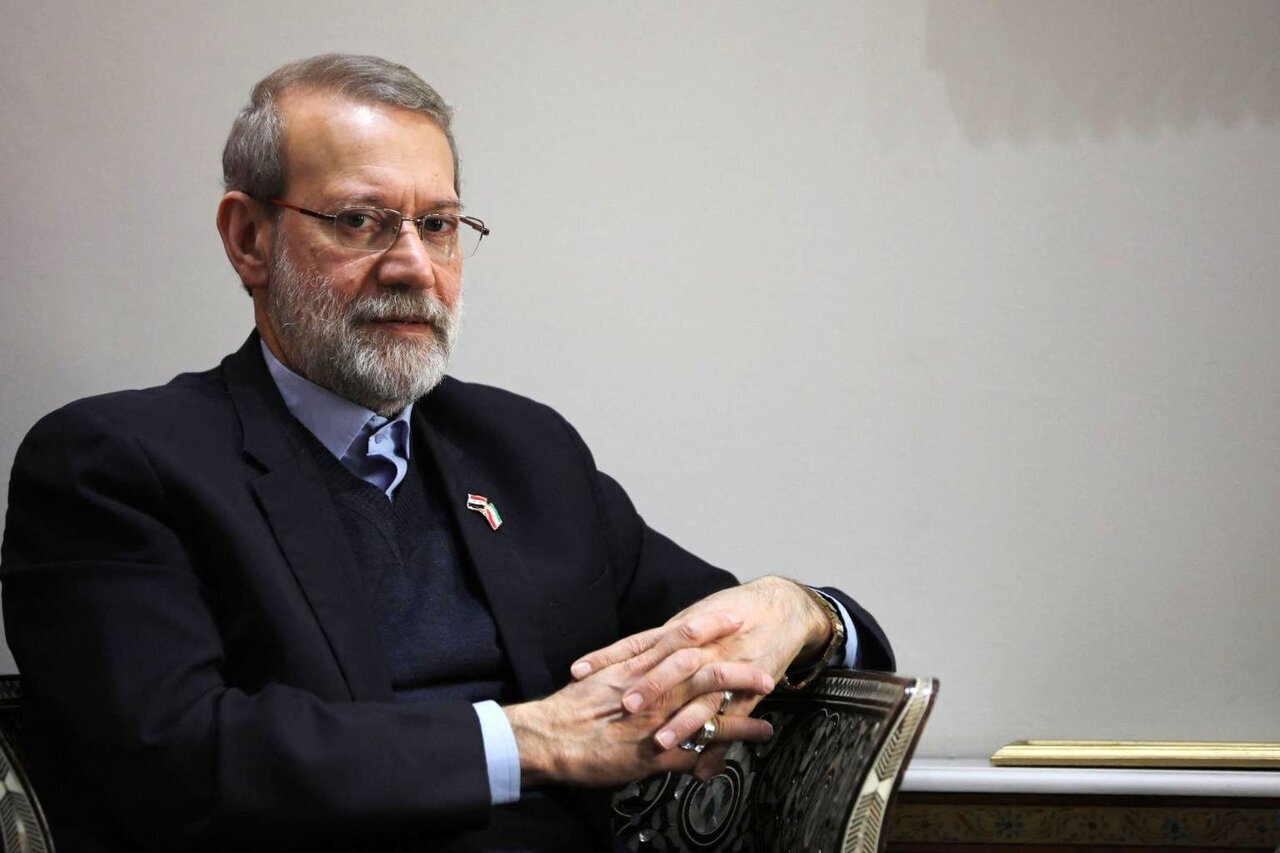Veteran statesman Larijani takes helm of Iran's Security Council following U.S.-Israeli aggression

TEHRAN – In a move to recalibrate Iran’s national security architecture, President Masoud Pezeshkian appointed seasoned statesman Ali Larijani as Secretary of the Supreme National Security Council (SNSC) on Tuesday.
The decision comes in the aftermath of the U.S.-Israeli 12-day war on Iran in June and marks Larijani’s return to a post he previously held from 2005 to 2007.
President Pezeshkian’s decree, invoking Article 176 of Iran’s Constitution, tasked Larijani with "monitoring the execution of affairs, prioritizing national security risks—especially emergent technological threats—and safeguarding the Islamic Revolution, national sovereignty, and territorial integrity."
The president emphasized centralized decision-making, declaring, "All matters pertaining to national security must be examined and decided solely through the SNSC Secretariat." The decree also acknowledged outgoing secretary Ali Akbar Ahmadian’s "sincere services."
Unverified reports from Tasnim News Agency suggest Larijani may soon replace Ahmadian as Ayatollah Khamenei’s second representative on the SNSC—a move that would grant him voting rights. Tasnim also claims Ahmadian will lead a "new special-missions deputy unit" in President Pezeshkian’s administration.
Larijani’s appointment coincides with the establishment of a new wartime-focused Defense Council, approved by the SNSC and endorsed by the Leader of the Islamic Revolution, Ayatollah Seyyed Ali Khamenei.
Formed following the recent U.S.-Israeli campaign of aggression targeting Iran’s nuclear and civilian infrastructure, this body will centralize military command and enhance combat readiness. Unlike the broader SNSC, which handles political-strategic affairs, the Defense Council specializes in "commanding potential wars and defending national sovereignty."
Veteran statesman and security technocrat
At 68, Larijani represents a blend of steadfast commitment and pragmatic statecraft. He hails from a prominent political and religious family. His brother, Ayatollah Sadeq Amoli Larijani, has been chairman of the Expediency Discernment Council since 2018 and previously served as Iran’s chief justice from 2009 to 2019.
A former Islamic Revolution Guards Corps (IRGC) commander (1988–1991), the newly appointed SNSC secretary served as Minister of Culture (1991–1992), the director of national radio and television (IRIB) (1992–2004), parliamentary speaker (2008–2020), and, most critically, adviser to Ayatollah Khamenei.
His reappointment leverages deep institutional memory, particularly his prior SNSC tenure during Iran’s early nuclear negotiations, where he advocated firmness toward the West before recognizing diplomatic realities.
During and after the 12-day war on Iran, Larijani has stood as a key public voice. He revealed the Israeli regime’s plot to "topple the Islamic Republic within six days," with Mossad agents issuing a personal threat: "Leave Tehran within 12 hours or face the fate of IRGC commanders."
He credited Iran’s reversal of battlefield fortunes to "the nation’s resolve" and missile capabilities, noting that Israeli forces descended into chaos by the conflict’s sixth day.
Larijani’s recent diplomatic missions underscore his strategic role. On July 30, he met Russian President Vladimir Putin in Moscow as Ayatollah Khamenei’s special envoy, discussing West Asian tensions and nuclear challenges days after U.S.-Israeli strikes hit Iran’s civilian nuclear sites and killed over 1000 people.
Leave a Comment